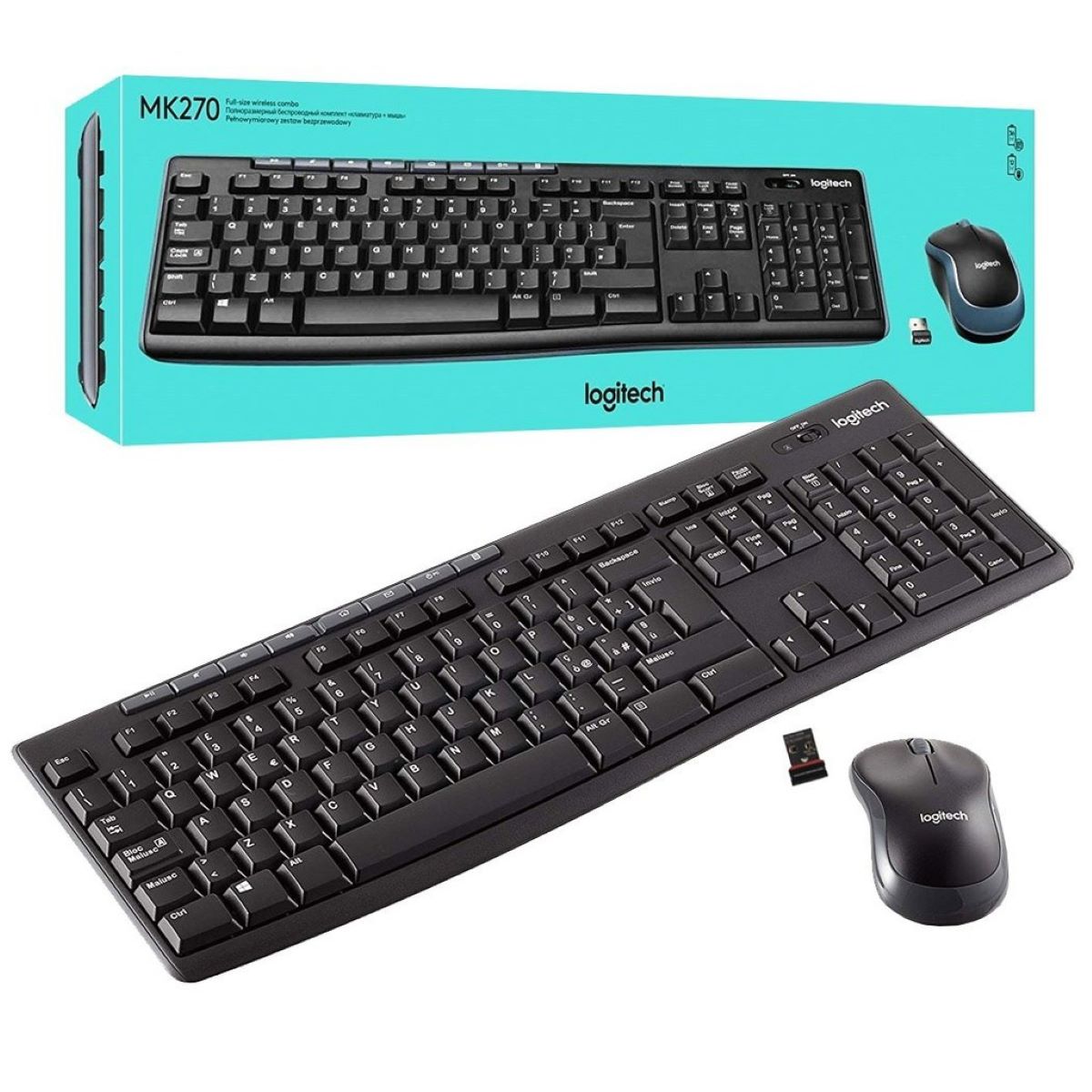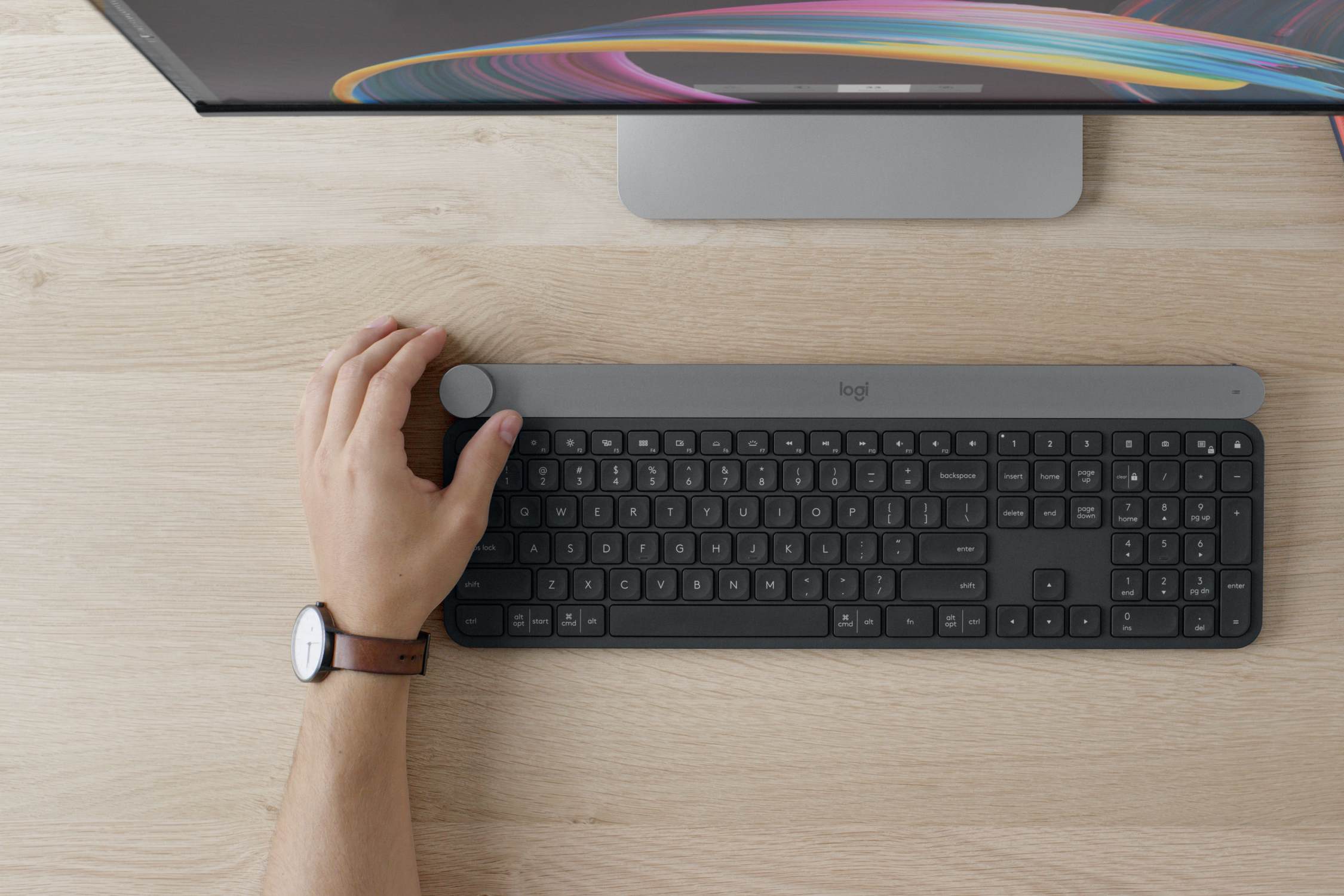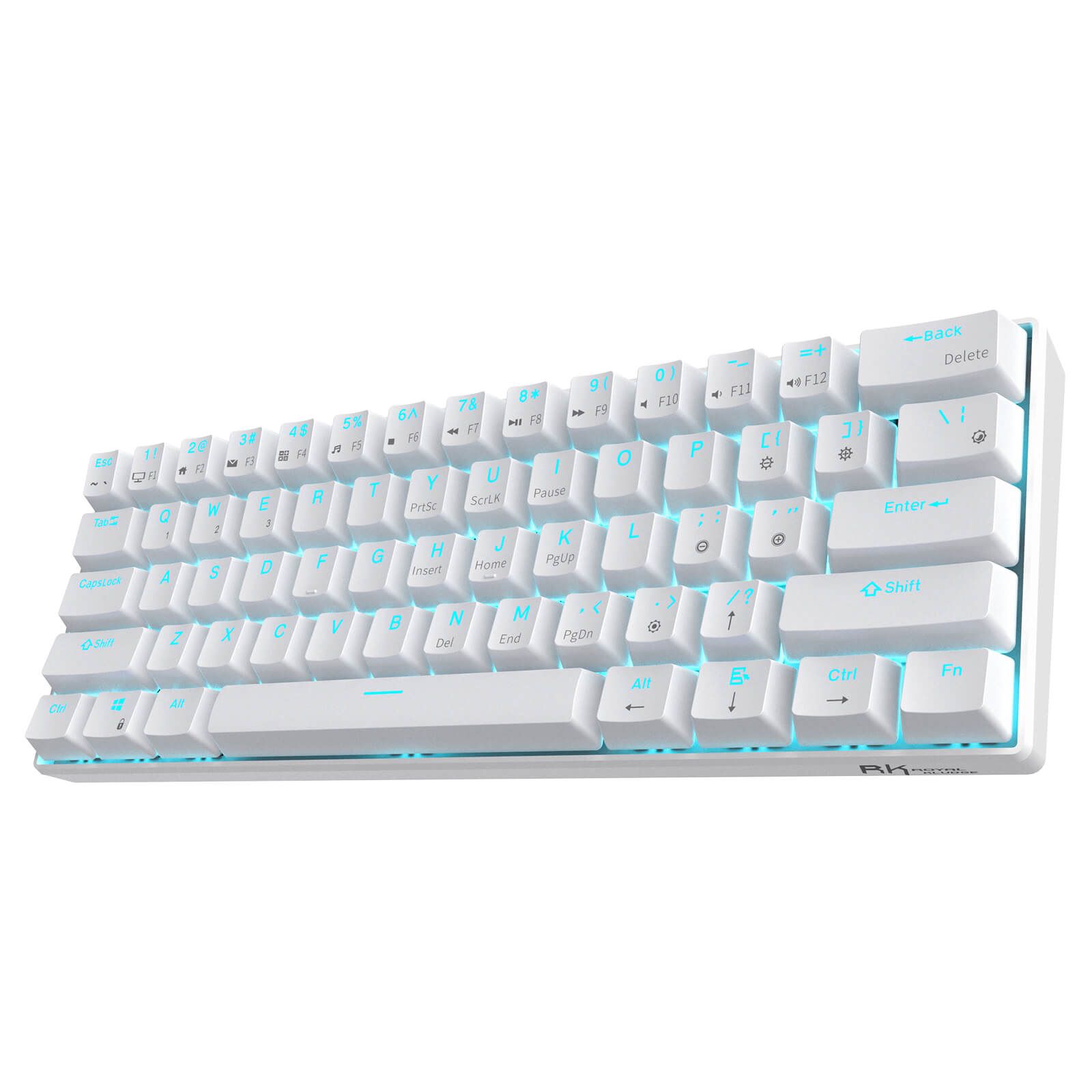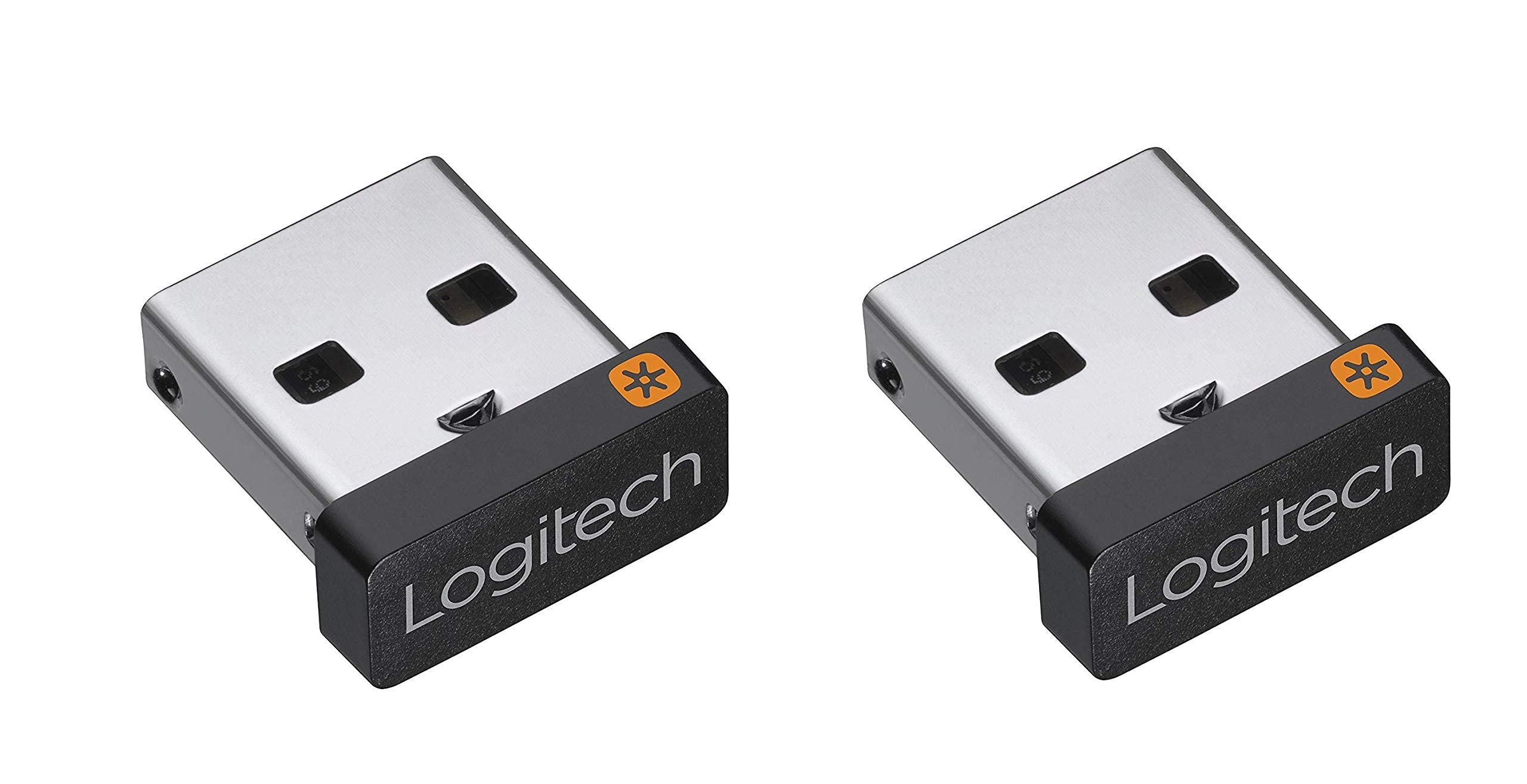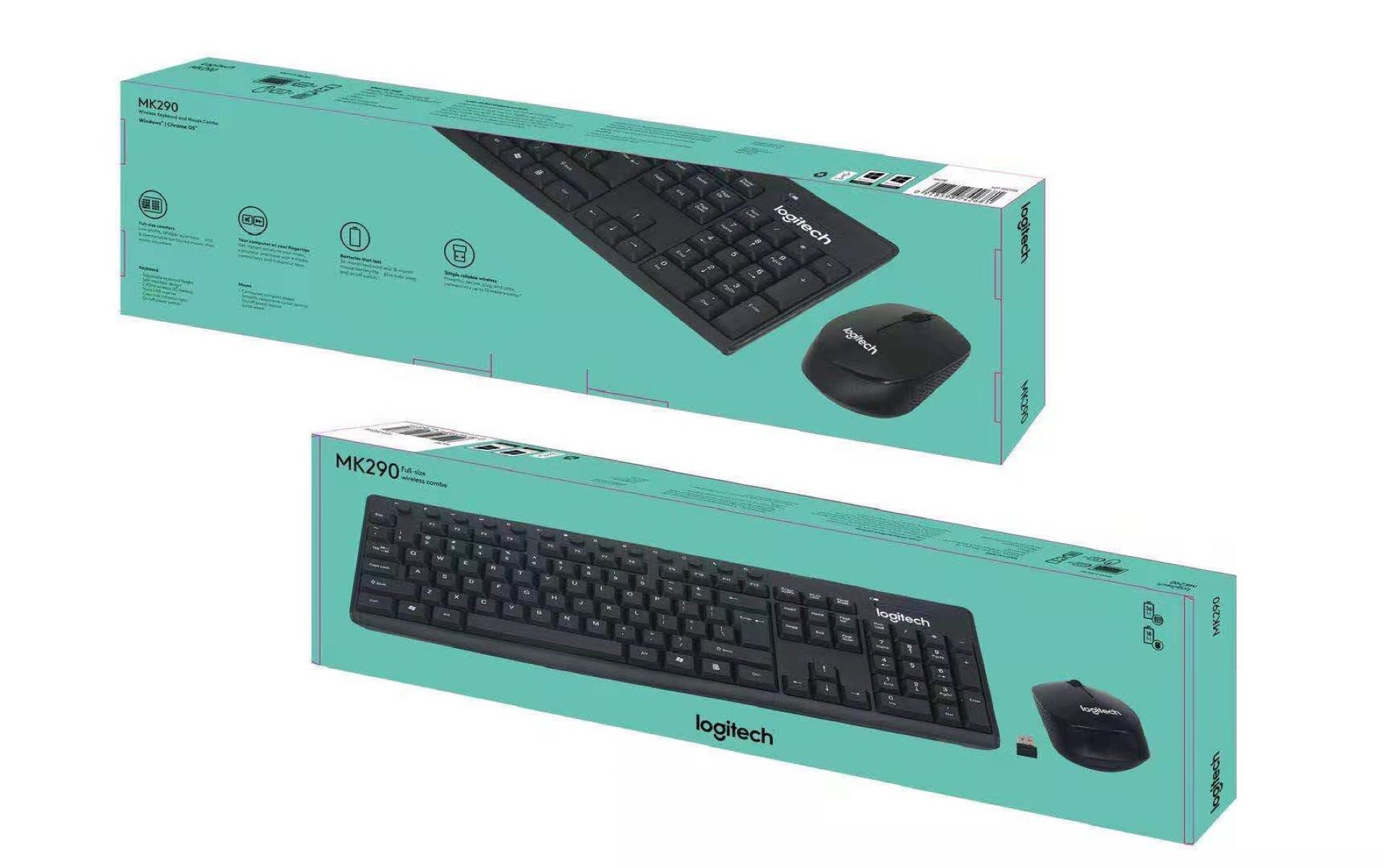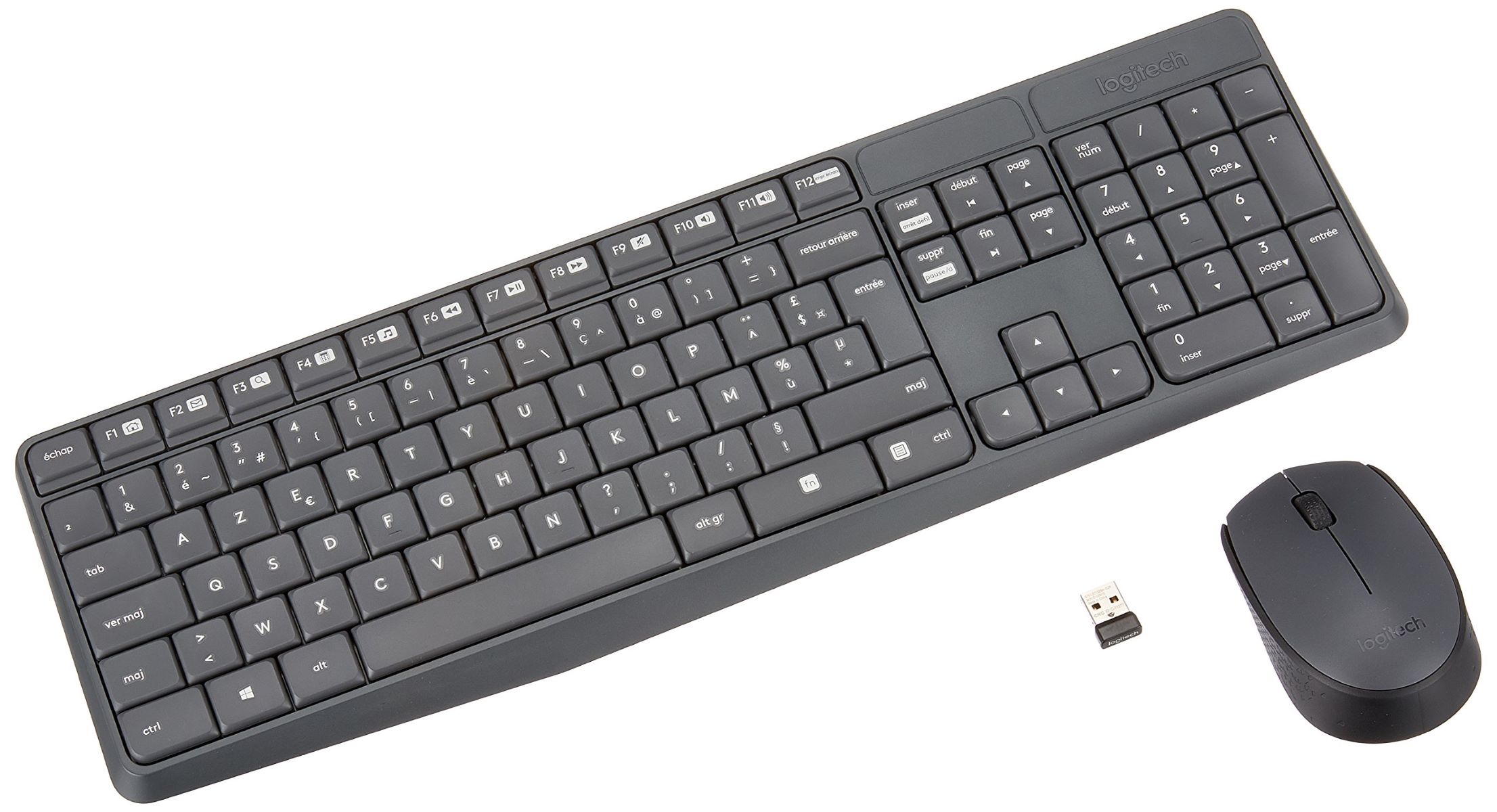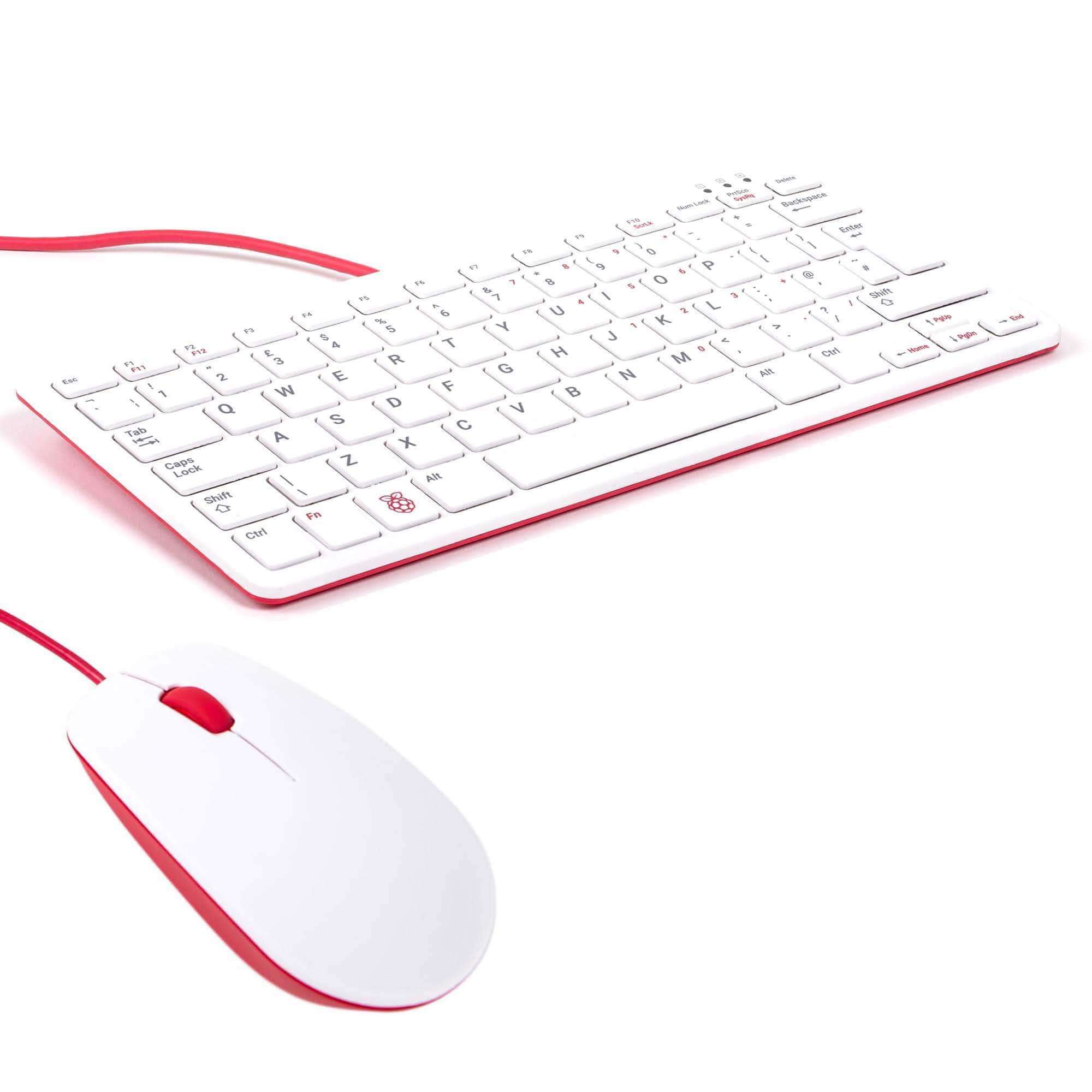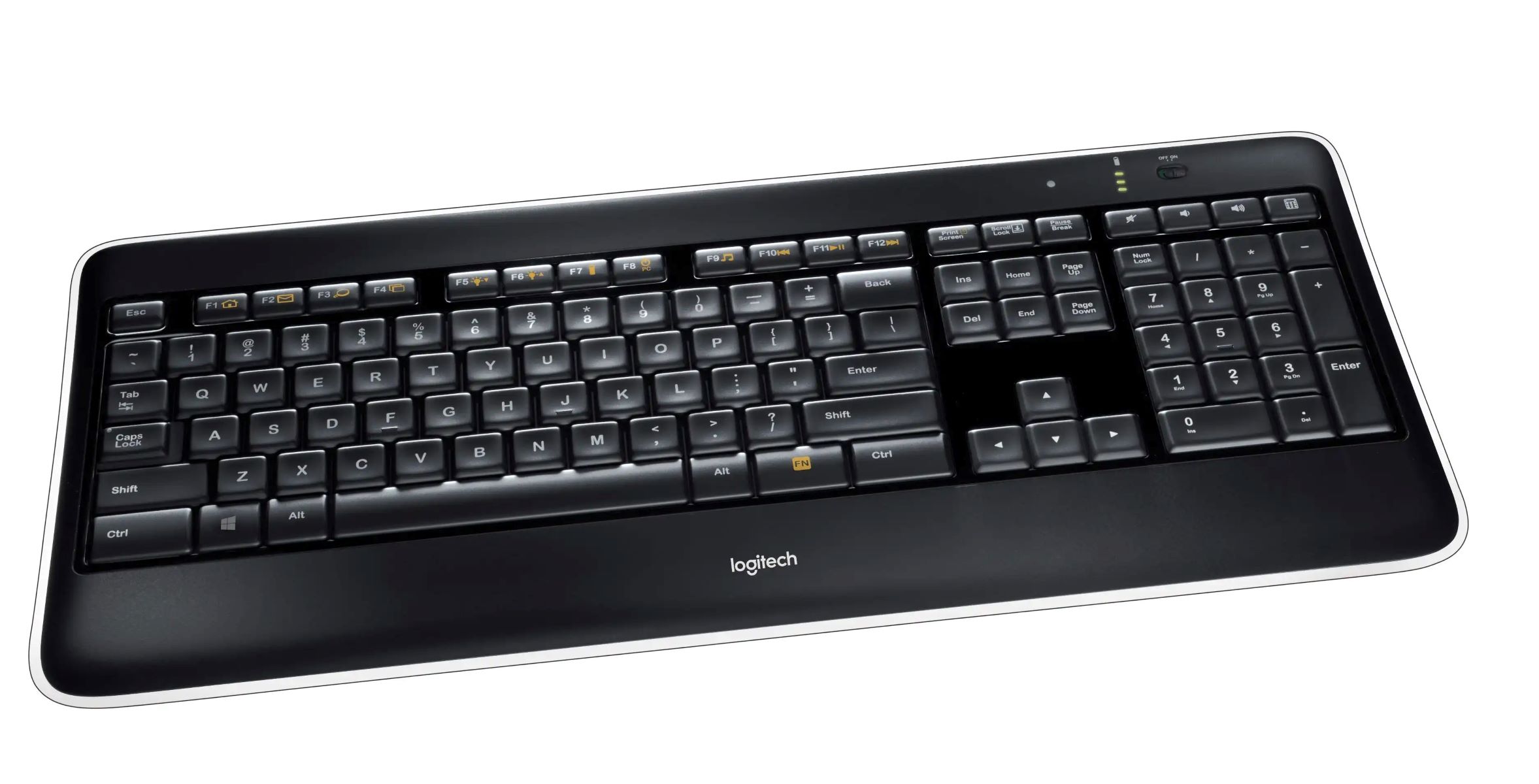Introduction
Are you an avid gamer who loves the freedom of movement while playing your favorite games? Perhaps you've encountered the frustrating limitation of your USB gaming keyboard and mouse cables, which restrict your range of motion and hinder your gaming experience. Fortunately, there are effective solutions to extend the reach of your peripherals without compromising performance.
In this guide, we'll delve into the world of USB extension for gaming keyboards and mice, exploring the various methods and considerations to ensure a seamless and uninterrupted gaming experience. Whether you're a casual gamer or a dedicated enthusiast, understanding the intricacies of USB extension can elevate your gaming setup to new heights.
As we embark on this journey, you'll gain valuable insights into the different types of USB extension cables, the significance of choosing the right cable for your specific needs, and the alternative option of utilizing USB hubs for extension. Additionally, we'll address common troubleshooting issues and provide practical tips to optimize your extended USB setup.
So, prepare to unlock the full potential of your gaming peripherals as we navigate the realm of USB extension for gaming keyboards and mice. With the knowledge and expertise gained from this guide, you'll be empowered to customize your gaming environment to suit your preferences and elevate your gaming performance to the next level. Let's dive in and explore the exciting possibilities of extending your USB gaming keyboard and mouse!
With a solid understanding of USB extension for gaming peripherals, you can enhance your gaming experience and overcome the limitations of standard cable lengths. Let's delve into the intricacies of USB extension to discover the best solutions for extending the reach of your gaming keyboard and mouse.
Understanding USB Extension
Before delving into the practical aspects of extending your USB gaming keyboard and mouse, it’s essential to grasp the fundamentals of USB extension. USB, which stands for Universal Serial Bus, serves as the primary interface for connecting various devices to a computer, including gaming peripherals. When extending a USB connection, it’s crucial to maintain signal integrity and power delivery to ensure seamless functionality.
USB extension can be achieved through the use of extension cables or USB hubs. Extension cables are straightforward solutions that allow you to lengthen the reach of your gaming peripherals while maintaining reliable connectivity. On the other hand, USB hubs provide additional ports for connecting multiple devices and can also serve as a means of extending USB connections.
It’s important to consider the USB version and cable quality when extending USB connections. USB 2.0 and USB 3.0 are the most common versions, with USB 3.0 offering faster data transfer speeds. When extending the connection for gaming peripherals, especially for high-performance gaming keyboards and mice, opting for USB 3.0 cables can ensure optimal responsiveness and data transmission.
Signal degradation and power loss are potential challenges when extending USB connections over long distances. This can result in decreased performance and intermittent connectivity issues. To mitigate these issues, choosing high-quality, shielded USB extension cables can help maintain signal integrity and minimize data loss over extended lengths.
Understanding the intricacies of USB extension lays the foundation for making informed decisions when selecting the appropriate extension method for your gaming peripherals. By considering factors such as USB version, cable quality, and potential signal degradation, you can ensure a seamless and reliable extended USB setup for your gaming keyboard and mouse.
Choosing the Right Extension Cable
When it comes to extending the reach of your USB gaming keyboard and mouse, selecting the right extension cable is paramount to maintaining optimal performance and reliability. The market offers a variety of USB extension cables with different specifications, and choosing the most suitable one can significantly impact your gaming experience.
First and foremost, it’s essential to consider the length of the extension cable. Assess the distance between your gaming setup and the USB port on your computer to determine the required cable length. Keep in mind that excessive cable length can lead to signal degradation and power loss, potentially affecting the responsiveness of your gaming peripherals. Conversely, a cable that is too short may not provide the desired flexibility and freedom of movement.
Another crucial factor to consider is the USB version supported by the extension cable. USB 2.0 and USB 3.0 are the predominant versions, with USB 3.0 offering faster data transfer rates. For gaming keyboards and mice that demand high-speed data transmission and low latency, opting for a USB 3.0 extension cable can ensure optimal performance.
Furthermore, the quality of the extension cable plays a pivotal role in maintaining signal integrity and minimizing data loss. Look for cables with robust shielding to protect against electromagnetic interference and ensure reliable connectivity. High-quality cables with gold-plated connectors can also enhance signal transmission and durability, making them ideal for gaming peripherals that require consistent and responsive input.
Consider the physical durability of the cable, especially if you anticipate frequent movement or bending. Flexible and sturdy cable construction can withstand the rigors of gaming setups and provide long-term reliability. Additionally, cables with reinforced connectors and strain relief features can mitigate the risk of damage from repeated bending and tugging.
By carefully evaluating factors such as length, USB version, cable quality, and physical durability, you can make an informed decision when selecting the right extension cable for your USB gaming keyboard and mouse. Choosing a cable that aligns with your specific gaming needs and environment can elevate your gaming experience while ensuring consistent and responsive connectivity.
Using USB Hubs for Extension
In addition to traditional extension cables, USB hubs offer a versatile and convenient method for extending the connectivity of your gaming peripherals. A USB hub serves as a multi-port device that expands the number of available USB ports on a computer, allowing you to connect multiple devices and extend USB connections effectively.
When utilizing a USB hub for extending the reach of your gaming keyboard and mouse, it’s crucial to select a hub that aligns with your specific requirements. USB hubs come in various configurations, including powered and unpowered (or passive) hubs. Powered hubs are equipped with an external power supply, providing sufficient power to connected devices and ensuring consistent performance, especially for power-hungry gaming peripherals.
For gaming setups that involve multiple USB devices, a powered USB hub can effectively extend the connectivity while maintaining stable power delivery to each connected device. This can be particularly beneficial for gamers who utilize additional peripherals such as gaming controllers, headsets, or external storage devices alongside their gaming keyboard and mouse.
When considering a USB hub for extending USB connections, it’s essential to verify the hub’s compatibility with the USB version of your gaming peripherals. USB 3.0 hubs are suitable for high-speed data transmission and are backward compatible with USB 2.0 devices. Ensuring compatibility with your gaming peripherals’ USB version can help maintain optimal performance and responsiveness.
Furthermore, the design and construction of the USB hub should prioritize durability and reliability. Look for hubs with robust enclosures and secure port connections to withstand the demands of a gaming environment. Additionally, features such as overcurrent protection and short circuit prevention can safeguard your gaming peripherals and the connected devices from potential electrical hazards.
By strategically incorporating a USB hub into your gaming setup, you can effectively extend the reach of your gaming keyboard and mouse while accommodating additional USB devices. Whether you opt for a powered hub to support multiple peripherals or a compact, portable hub for on-the-go gaming, leveraging the versatility of USB hubs can enhance the connectivity and flexibility of your gaming experience.
Troubleshooting and Tips
While extending the reach of your USB gaming keyboard and mouse can significantly enhance your gaming experience, encountering occasional challenges or technical issues is not uncommon. To ensure a seamless and trouble-free extended USB setup, it’s essential to be equipped with troubleshooting strategies and practical tips to address potential concerns.
One common issue when extending USB connections is signal degradation over long cable lengths, leading to reduced performance or intermittent connectivity. To mitigate this, consider using active USB extension cables, which incorporate built-in signal boosters to maintain signal integrity over extended distances. Active extension cables can effectively counteract signal degradation and ensure reliable data transmission for your gaming peripherals.
Furthermore, if you encounter power-related issues, such as insufficient power delivery to your gaming keyboard and mouse, opting for a powered USB hub can provide the necessary power support, especially when connecting multiple USB devices. This can alleviate power-related concerns and ensure consistent performance for your gaming peripherals.
When troubleshooting connectivity issues, inspect the integrity of the extension cable or USB hub connections. Ensure that the connectors are securely seated and free from damage or debris that may impede proper connectivity. Additionally, consider testing the gaming peripherals with a direct connection to the computer to isolate any potential issues arising from the extended setup.
Practical tips for optimizing your extended USB setup include organizing and securing cables to minimize strain and potential damage. Utilize cable management solutions such as cable clips, Velcro straps, or cable sleeves to keep the extended cables tidy and prevent tangling or tripping hazards in your gaming environment.
Regularly inspect the extension cables and USB hub for any signs of wear or damage, and replace them as needed to maintain reliable connectivity. Additionally, periodic cleaning of the USB connectors using compressed air or electronic-safe cleaning solutions can help prevent connectivity issues caused by dirt or debris accumulation.
By implementing proactive troubleshooting measures and adhering to practical tips for maintaining your extended USB setup, you can mitigate potential challenges and ensure a seamless gaming experience with your extended gaming keyboard and mouse. Armed with these strategies, you can optimize the performance and reliability of your extended USB configuration, allowing you to focus on immersive gaming without technical interruptions.
Conclusion
As we conclude our exploration of extending USB connectivity for gaming keyboards and mice, it’s evident that the realm of USB extension offers diverse solutions to enhance the flexibility and performance of gaming setups. By understanding the nuances of USB extension, selecting the right extension cable or USB hub, and implementing troubleshooting strategies, gamers can optimize their gaming experience with extended USB connectivity.
Choosing the appropriate extension method tailored to individual preferences and gaming environments is pivotal in unlocking the full potential of gaming peripherals. Whether through the utilization of high-quality extension cables or strategically integrating powered USB hubs, gamers can transcend the constraints of standard cable lengths and customize their gaming setups to suit their needs.
Furthermore, the significance of maintaining signal integrity, power delivery, and physical durability in extended USB configurations cannot be overstated. By prioritizing these factors and adhering to practical tips for cable management and maintenance, gamers can ensure consistent and reliable connectivity for their extended gaming keyboards and mice.
Ultimately, the seamless extension of USB connectivity for gaming peripherals empowers gamers to immerse themselves in their favorite titles without the limitations of cable length, fostering a more dynamic and unrestricted gaming experience. The ability to extend USB connectivity effectively contributes to a personalized and optimized gaming environment, allowing gamers to focus on gameplay while enjoying the freedom of movement and enhanced responsiveness.
As gaming technology continues to evolve, the flexibility and adaptability offered by extended USB connectivity play a crucial role in shaping the gaming experience of enthusiasts and casual gamers alike. By leveraging the insights and strategies outlined in this guide, gamers can elevate their gaming setups to new heights, maximizing the potential of their gaming keyboards and mice through seamless and reliable extended USB configurations.









